Aahwahan Foundation seeks help from BBMP for cleaning lakes
Bengaluru: One of the major environmental issues Bengaluru is grappling is the entry of sewage into the lakes. Despite the rejuvenation carried out by the BBMP not a single water body in the city, according to the Karnataka State Pollution Control Board (KSPCB) meets the drinking water standard. Founder of Aahwahan Foundation, Braja Kishore Pradhan has been pulling the strings to restore and clean water bodies in different states of the country.
“So far we have cleaned around 28 water bodies across the country like beaches in Puri, Mumbai, West Bengal and Gokarna, in Karnataka lakes like Sarakki, Uttarahalli, Pampa and Hadgad and Sonharampur in Odisha. Cleaning the water body is a community inclusive programme which requires a commitment from the community in managing it. After we have cleaned, our team of experts employ methods to try and restore the pH balance of the water for purposes like drinking water for humans, animals or even convert it into a fishery to help people generate some income for themselves and alternately manage and run it too.,” Braja Kishore Pradhan says.
The foundation seeks help from municipal bodies with regards to permissions and other work to get started on a project. As far as groundwork is concerned, Kishore says the foundation uses its own volunteers to clean these water bodies. He is also in the forefront for promoting community living through integrative agricultural practices among the remote rural pockets where there is hardly a source of income, helping them with a source of sustenance and livelihood.
Kishore says the model of community living has made a small economically and socially backward community self-reliant and earn some source of livelihood by taking ownership and conserving the resources at hand. “By cleaning the water body and restoring its pH balance we could help them with fishery for local sustenance and sell the rest of the produce. The land around the body is developed by growing plants like medicinal and flowers which had some sale value in the market and could help the local community with some income at their disposal. This way a community which is remote and meets with regular challenges to sustain themselves and their families realized that working together and conserving the property at hand will help them grow.
We also tried to make them aware of zero plastic norms to help them become an organic village as if there is no waste the water will not be polluted and the waste can be differentiated for use to either recycle or reuse” he explains.
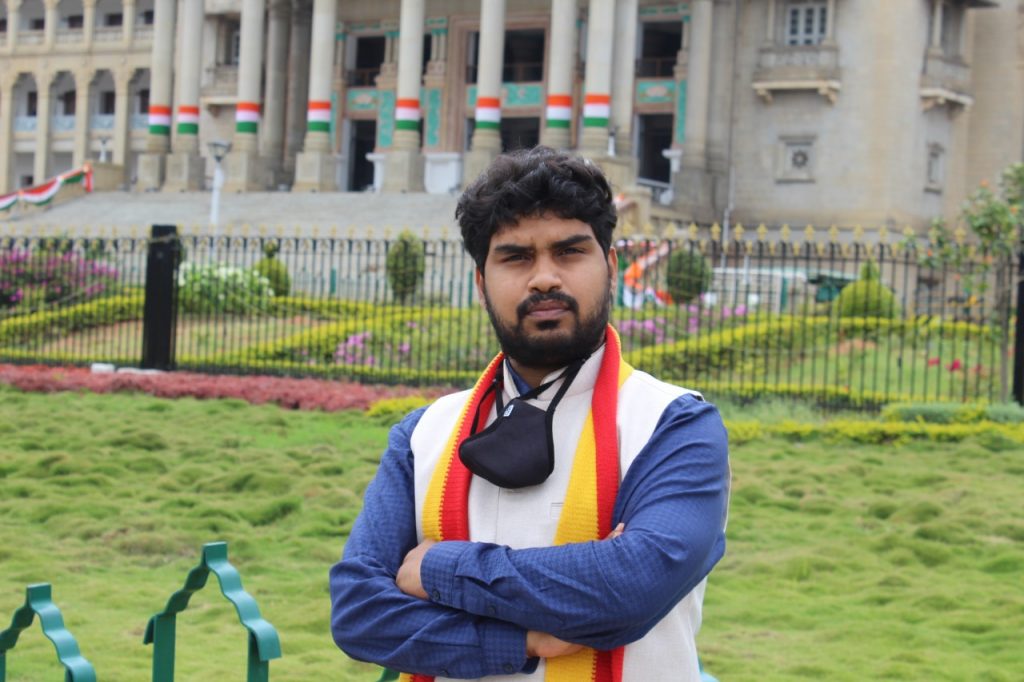

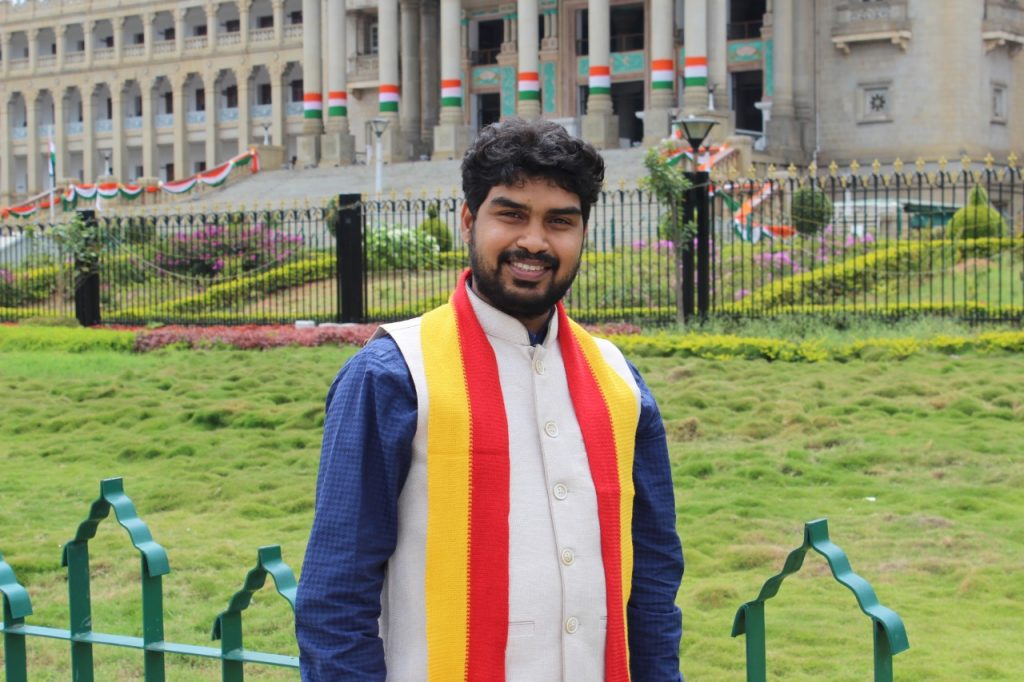
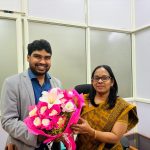
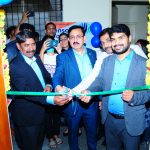
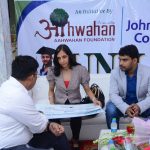

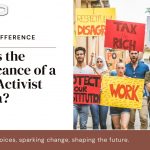

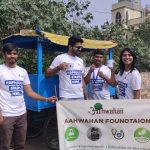
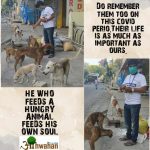
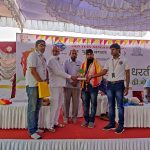
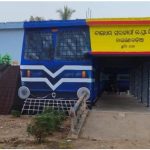



No Comments